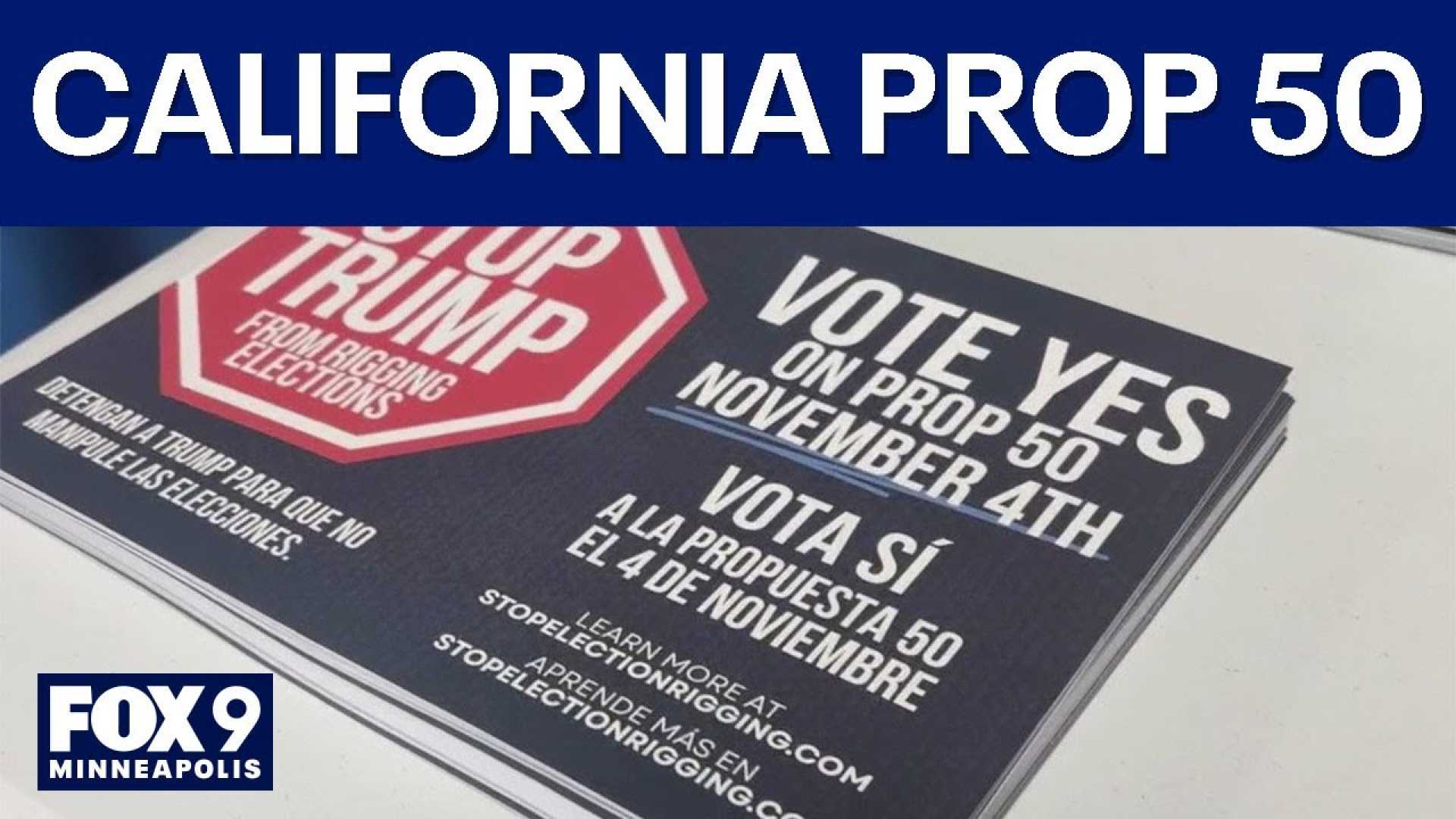Politics
Californians Face Critical Vote on Partisan Redistricting Measure

REDDING, Calif. — On November 4, California voters will decide whether to approve Proposition 50, a contentious ballot measure proposing to modify how congressional districts are drawn in the state. If passed, it would allow legislators to create biased maps aimed at bolstering Democratic representation, bypassing the state’s independent redistricting commission.
Governor Gavin Newsom asserts Proposition 50 is essential for protecting democracy against partisan maneuvers in states like Texas, which have shifted U.S. House seats heavily in favor of Republicans. “We’re asking the voters for their consent to do midterm redistricting in 2026, 2028, and 2030 for the congressional maps, to respond to what’s happening in Texas,” Newsom stated.
Democrats claim the changes aim to counterbalance what they view as partisan gerrymandering from Republican-controlled states. If passed, experts predict the number of Republican representatives could drop from nine to four, a significant loss in California’s 52 congressional districts.
In rural areas like Redding, many residents worry that the measure will dilute their political power, aligning them with wealthier, more liberal demographics. Former Shasta County Supervisor Patrick Jones expressed concerns, saying, “We see it as just massive gerrymandering taking our representation away. Under these new maps, Republican candidates will find it difficult to win.”
The proposition has sparked intense debate within the state. Proponents highlight the necessity of maintaining effective political representation against external threats, while opponents view it as a blatant power grab that disenfranchises Republican voters.
Recent polling indicates strong support for Proposition 50 among likely voters, with 62% favoring the measure. This support is reinforced by the higher voter turnout in Democratic-heavy areas, such as Los Angeles. However, conservative strongholds continue to rally against it, attempting to sway undecided voters by emphasizing the importance of fair representation.
Opposition leaders, such as Congressman Doug LaMalfa, have campaigned against the proposition, claiming, “It’s really a blatant power grab. If Sacramento is emboldened by this passing, what will stop them?” LaMalfa and fellow Republican lawmakers have called for voters to reject the measure to preserve their political influence.
As Election Day approaches, tensions remain high, with proponents and opponents of Proposition 50 making final efforts to sway public opinion. The outcome of the vote could not only reshape California’s political landscape but may also influence the national balance of power in Congress.












